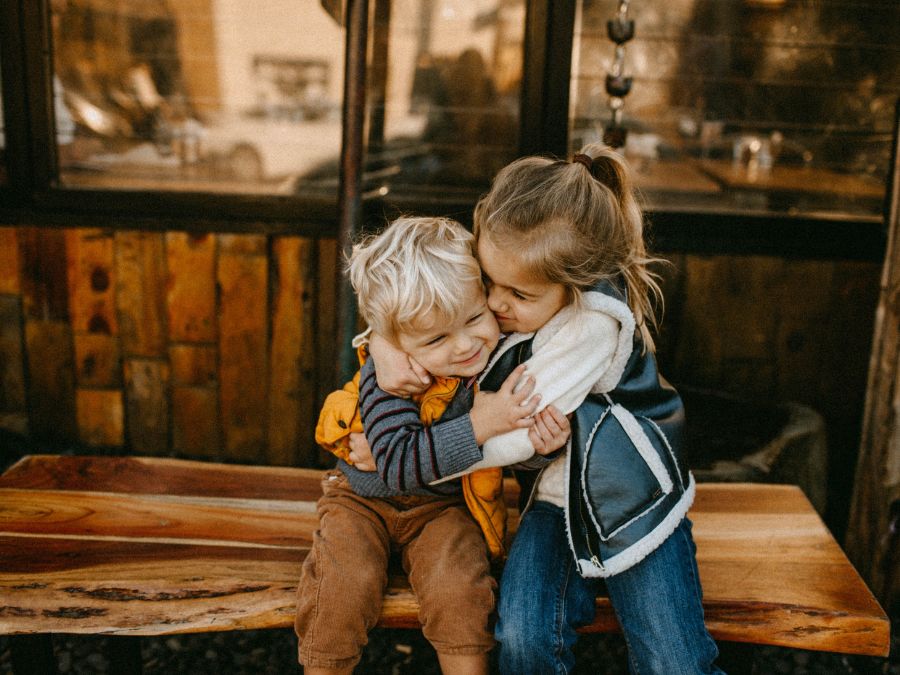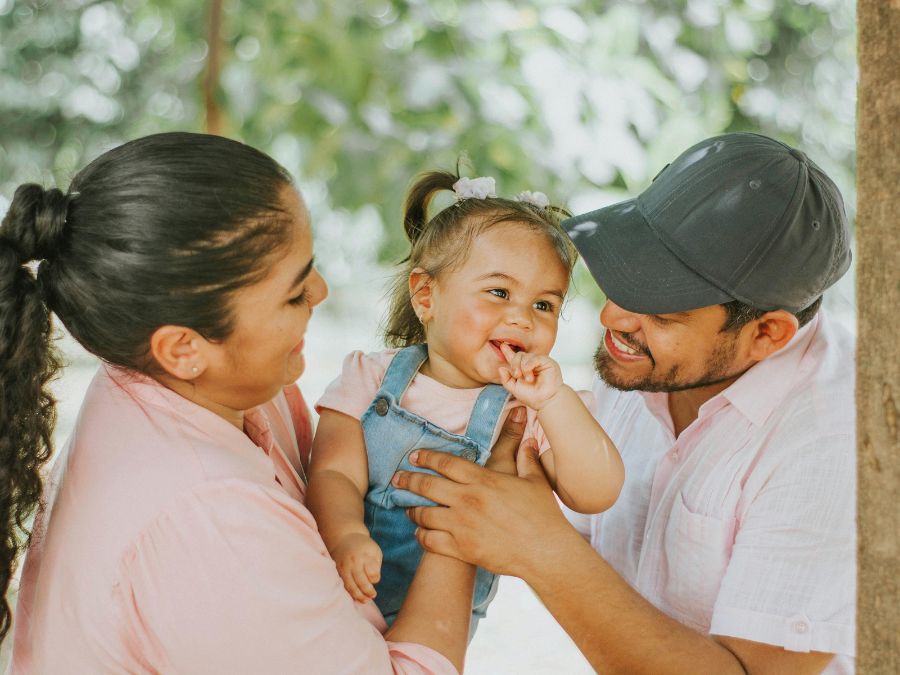
Relationships are fundamental for children’s well-being as they grow up
The Four Building Blocks of HOPE are key types of positive childhood experiences (PCEs) that all children need to thrive. The promotion of safe and nurturing relationships, one of these Building Blocks, helps children increase their resilience.
When children and youth have someone they can trust to express their authentic selves, they can build self-confidence, gain empathy, and learn that they matter to those around them. Healthy relationships are a foundational part of a children’s support system where they can heal from difficult times through the help of others and grow from those experiences to become resilient adults.
There are endless opportunities for children and youth to gain supportive relationships. Positive relationships can include both adults and peers.
How can you promote safe and nurturing relationships in your work with children and families? Begin by asking about the relationships that the child currently has. Be curious about who they go to for help, who they enjoy spending time with, and how often they see that person(s). Learn about these relationships from their perspective, how do these people make them feel. By understanding first who the child has in their life, you can then explore how to increase their PCEs by leaning into their current relationships or discussing potential new relationships to discover.
Types of relationships that promote PCEs
Parent-to-child relationships
Parents are influential figures in child’s life. This relationship is important to understand as you get to know a child. Ask questions to help you see the full picture of a child’s relationship with their parent(s). Engage with them beyond the short interactions– there may be more between a parent and child than you initially see.
Questions to consider:
- What are positive things you see between the parent and child?
- What do they do together that they enjoy and that brings them closer together?
Peer-to-peer relationships
Having positive peer relationships at any age is beneficial for our mental health. Friendships help children feel supported through difficult times, relate with one another with shared interests and goals, and feel connected even during tough times. If school is a tough environment for a child, supportive classmates can improve their outlook on school, as their friends can help make it feel safer. Encourage children and youth to hang out with friends that make them feel safe to be around. What are the tools you can use to help them grow these healthy peer relationships?
Questions to consider:
- What is the child’s ideal friendship with a peer?
- Do they already have a best friend?
- Does the child trust their friends?
- What does the child like to do together with their peers?
Non-parent or caregiver adult relationships
No question, a child’s relationship with their parent or caregiver is important. It is also beneficial for children and youth to have nonparent adults who support them. This can be an aunt or uncle, grandparent, teacher, family friend, neighbor, or coach. There are many people who can fill this role where the child or youth feels safe with them and can be their authentic self with them. Trust is a key part of this relationship. They should feel comfortable asking questions or coming to them for advice.
Questions to consider:
- Is there a non-parent adult(s) that the child feels close to?
- How does this adult make the child feel safe?
- Where does the child see this adult and how often do they meet?
- What do they do together that is fun and fulfilling?
Every positive relationship can build resilience
In all these relationships, feeling safe and nurtured is at the heart of each one. Relationships that allow children and youth to be heard and seen, and have fun are what make them positive childhood experiences. A wide range of relationships are important for all of us to have and keeping them front of mind with any children and youths you are serving can make all the difference in their lives.


